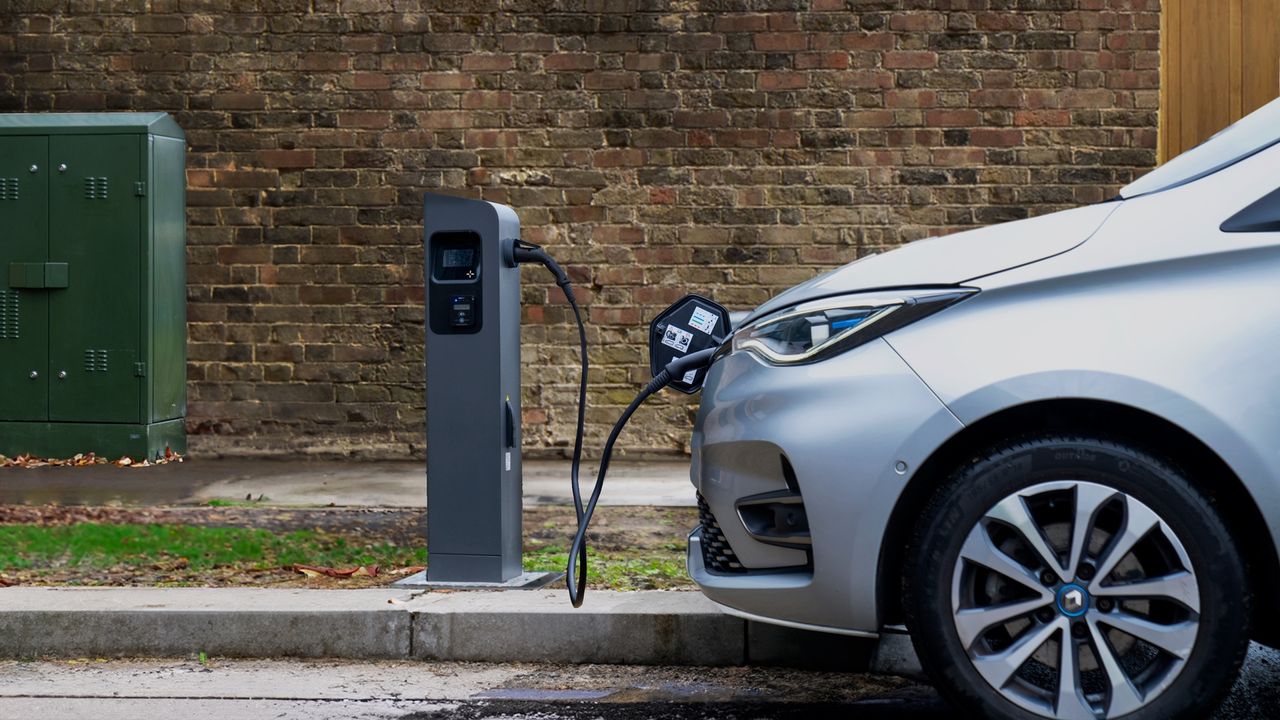

It's always nice when someone comes forward with an idea for new public infrastructure that doesn't require whole heaps of new construction.
BT's doing just that with its latest drive, an idea that has come out of its internal startup incubator. The new scheme will test whether it's efficient to convert the many green street cabinets that sit on residential roads in the UK to also house electric vehicle charging stations.
These cabinets typically house broadband and phone cabling, but in many cases are in sore need of updates anyway, to improve their ageing efficiency and energy use, so this could be a big win-win.
After all, BT says that over a third of UK drivers say they'd have an electric vehicle by now if they were more confident in the widespread availability of charging points.
With 53,000 charging points around the UK right now and a stated governmental aim to increase this to 300,000 by 2035, any idea that makes it easier to set up new charging points has to be well worth considering. There are potentially 60,000 cabinets that look like they could be suitable for the upgrade, after all.
So, this marks the start of a presumably quite lengthy trial period, during which BT will slowly test new locations to see how cost-effective the cabinet conversion is, and what factors affect both how much it's used and how much it costs to create the new charging point.
The first converted cabinet is in East Lothian in Scotland, but more will follow as the year goes on, according to BT.
Sign up to the T3 newsletter for smarter living straight to your inbox
Get all the latest news, reviews, deals and buying guides on gorgeous tech, home and active products from the T3 experts
The idea isn't to have cabling running directly to and from the street cabinets, though. Instead, additions are made to the cabinet to effectively share the power allocated to its broadband connections, allowing an EV charging point to be set up outside on the curb.
As the country uses fewer of these street cabinets for broadband connectivity (because of the different ways that fibre broadband connects to homes), more power will be freed up and more space in the cabinets for the tech to allow for further EV charging points.
So, this looks like a pretty fantastic concept that could be a great way of avoiding the need to bin a whole bunch of older infrastructure, while paving the way for a cleaner future - time will tell whether it's able to actually spread at a massive scale, though.

Max is T3's Staff Writer for the Tech section – with years of experience reporting on tech and entertainment. He's also a gaming expert, both with the games themselves and in testing accessories and consoles, having previously flexed that expertise at Pocket-lint as a features editor.
-
 This ultra high-end Sonos rival is made with precious metals and costs more than a car
This ultra high-end Sonos rival is made with precious metals and costs more than a carThe Houchmand M1 System promises incredible audio for (very) affluent audiophiles
By Carrie Marshall Published
-
 Nintendo Switch getting a big game sharing update ahead of the Switch 2 launch
Nintendo Switch getting a big game sharing update ahead of the Switch 2 launchLend and swap digital games between different Switch consoles more easily
By Rik Henderson Published
-
 This DJI drone launch pad fits to the roof of your electric car
This DJI drone launch pad fits to the roof of your electric carEV maker BYD has teamed up with DJI to make a roof-mounted drone station
By Alistair Charlton Published
-
 Xiaomi just revealed one of the most interesting EVs of the year
Xiaomi just revealed one of the most interesting EVs of the yearThe Xiaomi SU7 Ultra is a Chinese EV ready to take on Porsche and Tesla
By Alistair Charlton Published
-
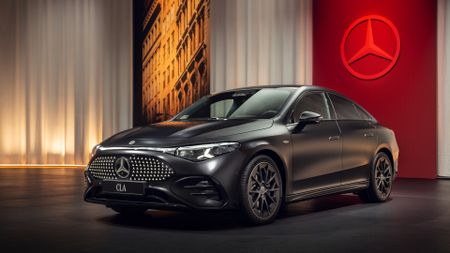 The all-new Mercedes-Benz CLA has AI so smart it wants to be your friend
The all-new Mercedes-Benz CLA has AI so smart it wants to be your friendMercedes’ second generation of electric cars has landed and it's a technology tour de force
By Alistair Charlton Published
-
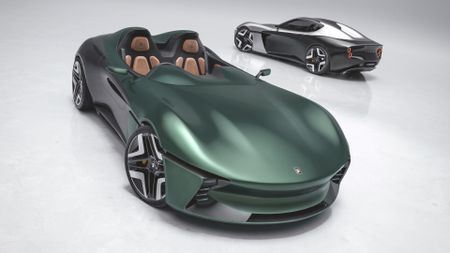 Forget Tesla, this is the best-looking electric sports car we've ever clapped eyes on
Forget Tesla, this is the best-looking electric sports car we've ever clapped eyes onNew British car manufacturer Longbow thumbs its nose at Tesla with an impressive EV sports car
By Chris Hall Published
-
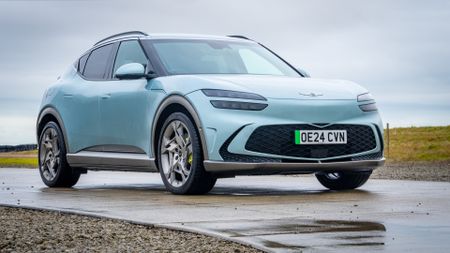 12 things I learnt driving this electric car for six months
12 things I learnt driving this electric car for six monthsHere’s what happened during six months and 4,000 miles with a Genesis GV60
By Alistair Charlton Published
-
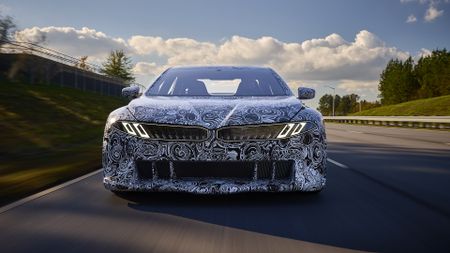 Forget Tesla, this is the most powerful EV I’ve tried by miles
Forget Tesla, this is the most powerful EV I’ve tried by milesThe BMW Vision Driving experience shows just how powerful EVs of the future could be
By Mat Gallagher Published
-
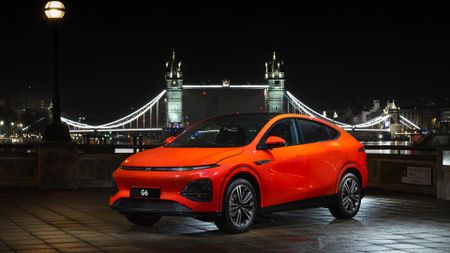 Still want that Tesla Model Y? Xpeng lands in UK with electric G6
Still want that Tesla Model Y? Xpeng lands in UK with electric G6Chinese Tesla rival Xpeng has launched in the UK with the £39,990 G6 SUV
By Alistair Charlton Published
-
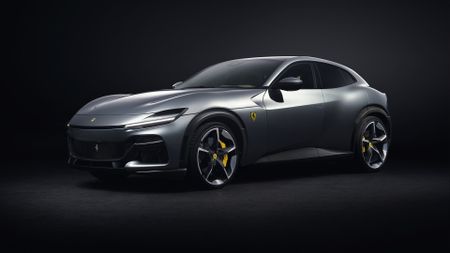 First electric Ferrari to be revealed in October this year
First electric Ferrari to be revealed in October this yearThe Italian supercar maker says its Sir Jony Ive designed EV is just eight months away
By Alistair Charlton Published